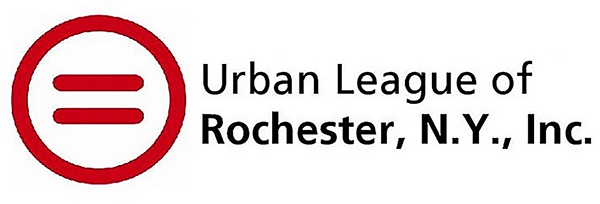
Urban Education Challenges in America
Southwest Tribune Newspaper, Rochester, New York
Urban education in America faces a number of significant challenges that impact the ability of students to receive a quality education. These challenges include:
Funding Inequities: Urban schools often receive less funding than suburban or rural schools, leading to fewer resources for students and teachers. This can result in overcrowded classrooms, outdated technology, and a lack of access to critical programs and services.
Teacher Shortages: Urban schools often struggle to attract and retain qualified teachers, leading to a higher proportion of inexperienced or unlicensed teachers in the classroom.
High Poverty Rates: Urban areas tend to have higher poverty rates, and students living in poverty face a number of barriers to learning, including inadequate healthcare, food insecurity, and exposure to violence.
Segregated Schools: Urban schools are often highly segregated, leading to a concentration of poverty and a lack of access to resources and educational opportunities for students of color.
Standardized Testing: The reliance on standardized testing as the primary measure of student and school performance can result in a narrow focus on test preparation and neglect of critical thinking, creativity, and other important skills.
To address these challenges, a comprehensive approach is needed that includes increased funding for urban schools, efforts to attract and retain high-quality teachers, addressing poverty through social services and community support, and a shift away from a narrow focus on standardized testing. Additionally, it is important to work towards desegregating urban schools and providing students with access to a diverse and inclusive learning environment.
Urban education in America faces significant challenges, but by addressing these challenges through a comprehensive and systemic approach, we can work towards providing all students with access to a quality education.





